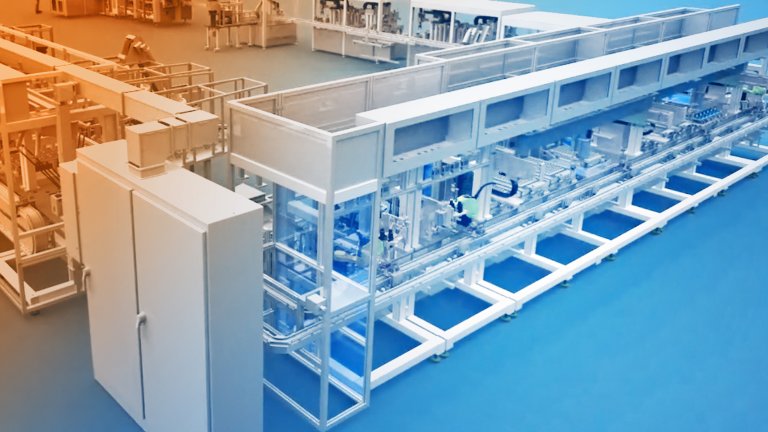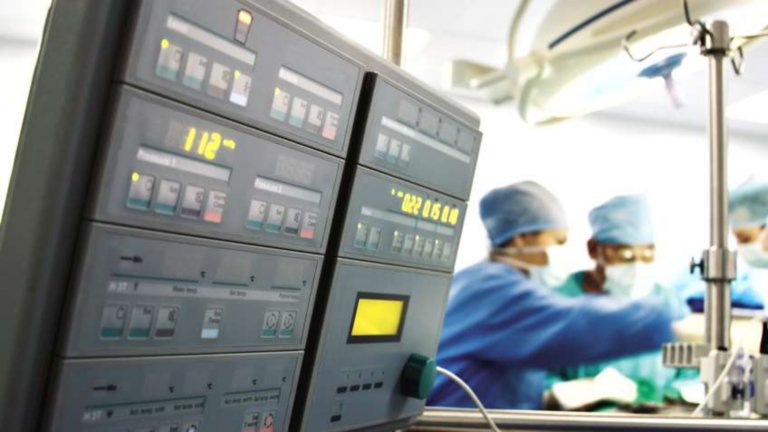Recommended For You
Cytiva customers undertake life-saving activities ranging from fundamental biological research to developing innovative vaccines, biologic drugs, and novel cell and gene therapies.
Cytiva’s job is to supply the tools and services they need to work better, faster and safer, leading to better patient outcomes. More than 7,000 associates across 40 sites support the company’s vision of improving access to life-changing therapies that transform human health.
As part of its digital transformation and Industry 4.0 initiative, Cytiva wanted to create a connected digital enterprise to help improve internal operations and decrease time-to-market for end customers.
Enabling the helpers
Enormous amounts of time and money go into developing new pharmaceutical and medical products, and there’s a small window before each new product’s patent expires. Reducing time from inception to market is enormous because it allows the product to capture market share longer.
“Now more than ever as an industry, we must get smaller, faster and more cost-effective in the way we manufacture drugs, vaccines and therapeutics,” said Kevin Seaver, executive general manager, automation and digital at Cytiva. “By automating processes and analyzing data, we can rethink every step of drug manufacturing and realize economies of scale with flexibility, efficiency and confidence.”
Streamlining the deployment of systems, reducing islands of automation, and decreasing the time spent on gathering and cleaning data all can help biomanufacturing players accelerate their time to market.
“Our aim is to help companies go from seven years down to three or four by doing much of the engineering and automation work upfront,” Seaver said.
Integration and automation across the value chain
The Cytiva Figurate automation platform includes control and communication capabilities that turn data insights into productive outcomes for both upstream and downstream process efficiency gains.
To develop and put its Figurate platform in place, Cytiva adopted the Rockwell Automation PlantPAx® system and used its own Unicorn software to automate its bioprocess equipment. Data is made available through MES applications and can be integrated to include electronic batch records, scheduling and more.
The platform is designed to dramatically streamline deployment of systems for end customers. There are options for Rockwell Automation systems and others, depending on the end-user’s specific needs. Standardized digital libraries – such as product code that's been tested, documented and validated – also can create more efficient process development all the way through manufacturing and automation.
For example, a customer using our PlantPAx system can operate it as a single standalone system but also operate it together with other systems. Through integration the customer can transfer not only the biopharma material but the data along with it.
Leveraging the power of analytics and data
Within The Connected Enterprise®, customers have all the documentation they need electronically and can release it to manufacturing immediately. Additionally, Figurate can bring process data up to the cloud where it can be combined with additional operational data. Using advanced analytics, these valuable insights can be used to improve operations and can then be fed back down to the system to optimize processes.
“There’s cost, time and quality. Usually if you want to gain on any one of those three you have to give up something,” Seaver said. “But we can be faster. We can deliver it more cost-effectively since we’ve already done all that upfront work. And quality is higher, too, because we’ve validated the code as well.”
Cytiva’s automation lab and a room called The Sandbox house servers with different types of applications that are being developed and tested. This testing environment allows Cytiva to prove everything out before it goes to customers. If customers have questions or problems they can bring them in and test them, creating a collaborative environment.
Delivering pre-tested solutions
Cytiva's FlexFactory lines, featuring Figurate, include media and buffer preparation, cell culture production, harvesting, purification, viral clearance, sterile filtration and bulk formulation processes. All of these can be combined in modular KUBio clean-room shipping containers and delivered to biomanufacturing customers, essentially ready-to-go.
"Our KUBio systems are effectively shipping container-based production units that allow us to build an entire factory in less than 18 months," said Seaver.
Additional benefits beyond speeding up time-to-market include 10-20 percent increases in production throughput, availability and production employee efficiency, as well as 5-30 percent decreases in energy use, scrap material, batch release time, maintenance and downtime investigations.
Published December 2, 2020





